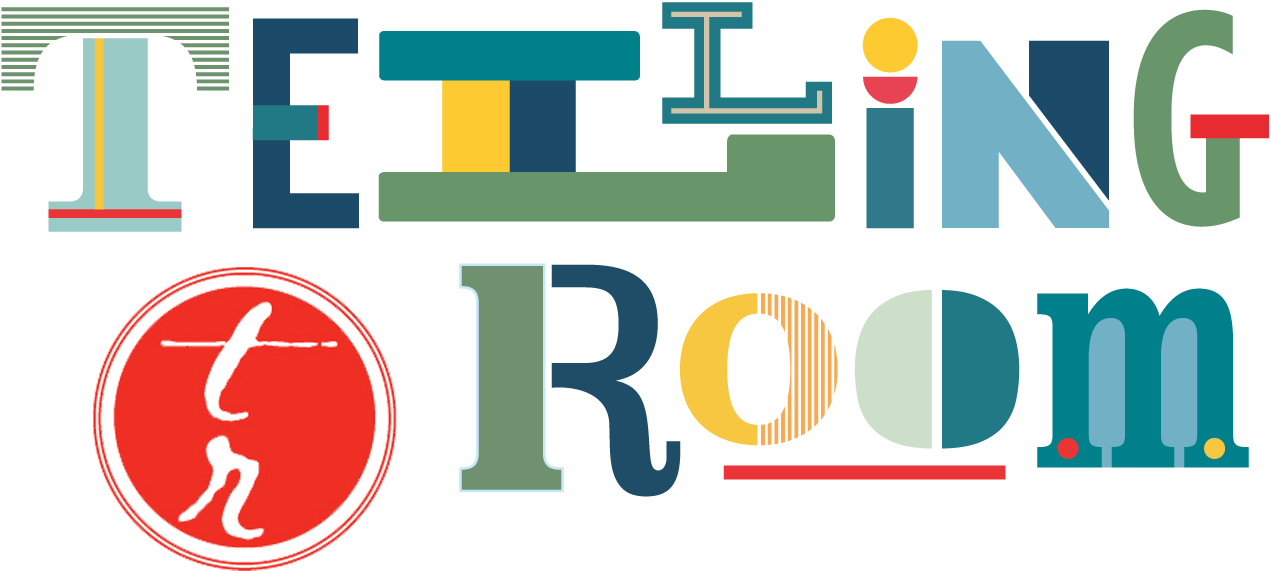"Borrowed Pieces"
by Noor Abduljaleel, Telling Room Author
Repeatedly, a melancholic night descends, as star lights come on one by one. My face pales, my hands ice-cold, because it’s time for me to take the blood of a stranger. The injection of an intravenous (IV) line is placed into a vein in my arm, where blood components, stored in a plastic bag, are injected from the IV into my bloodstream. For each blood transfusion, two to three small bags exist, lasting up to four hours. I can feel the bruising where the needle is inserted. The nurse appears into my room, extracting the blood transfusion. Sadly, this sweet blood never lasts. At six months old, I was diagnosed with thalassemia; it became a part of me. I’m a thalassemia patient. My cure is hidden in other people. This blessing, called marrow transplantation, is like a pearl in the ocean. Optimistic, I will find it. And these days will pass. There is happiness in my yesterday and hope will be in my tomorrows. My uncertainty will be the closest cure my nine-year-old self knew. Time passed, and I could not find the candidate for the marrow transplant. They never lost hope, my parents.
I remember going to Egypt for a month, at around five years old. During this time, I couldn’t find a bone marrow candidate. Throughout childhood, during the monthly blood transfusions, I saw hope from the hospital windows as flowers bloom, butterflies fly, and children run towards their future. It was scary being filled with strangers’ blood, not knowing who I was like and not knowing where to start with the borrowed pieces. Yet, my parents believed that I was the cure to most of their problems because in their eyes, I was lucky. I remember my extreme happiness when my mom asked my 11-year-old self, “Would you like to travel to Turkey?” I responded with a smile on my face and said yes, as many of my friends told me it had been a stunning place to travel. Even though it was safer in Turkey, never have I thought it would be my last time in my hometown of Baghdad.
Turkey was precious, astonishing boats were rolling over in the ocean, with its beautifully decorated gardens. It was the gates of Felicity. I didn’t belong there, and I was reminded of that with the challenges encountering where I belong. After leaving Turkey, we immigrated to the US for a bone marrow transplant on my behalf. I finally got tasteless medicine, as earlier ones tasted unpleasant. However, I didn’t have the transplant we came to the U.S. for, because my doctors told me there is hope of a new treatment method with a limited amount of risk. Even though I’d have to wait for this new treatment, I loved the honesty of that doctor in Boston who told me the transplant I’d originally came for, had a high risk of failure. Unexpectedly, I got rid of assuming that having blood transfusions would make me inadequate in comparison to my peers, on both the outside and the inside. As I spent the last three years living in the United States, I learned unapologetically to be me, overcoming being uncomfortable in my own blood, accepting the fact that I have blood transfusions from others. In the past, I was unsure of who I used to be, not thinking of my future and who I would become. After all, I overcame my struggles and I understood why I was lucky in my parent’s eyes.
This piece is being re-published as a part of our new The Voice of a Pride series. Learn more about this series here.
Want to share your response to any of our lessons or student works? There are a few options:
Visit our submissions page to submit your writing!
We are committed to providing resources, activities, and community engagement to help us all keep writing and communicating across the divide. In the coming weeks and months we’ll be providing all kinds of content on this Medium account, including: A list of shorter writing activities and write/share prompts; articles written by Telling Room staff that feature key elements of literary and language arts methodology; and a suite of Telling Room lessons curated and adapted for online classroom and at-home learning.

